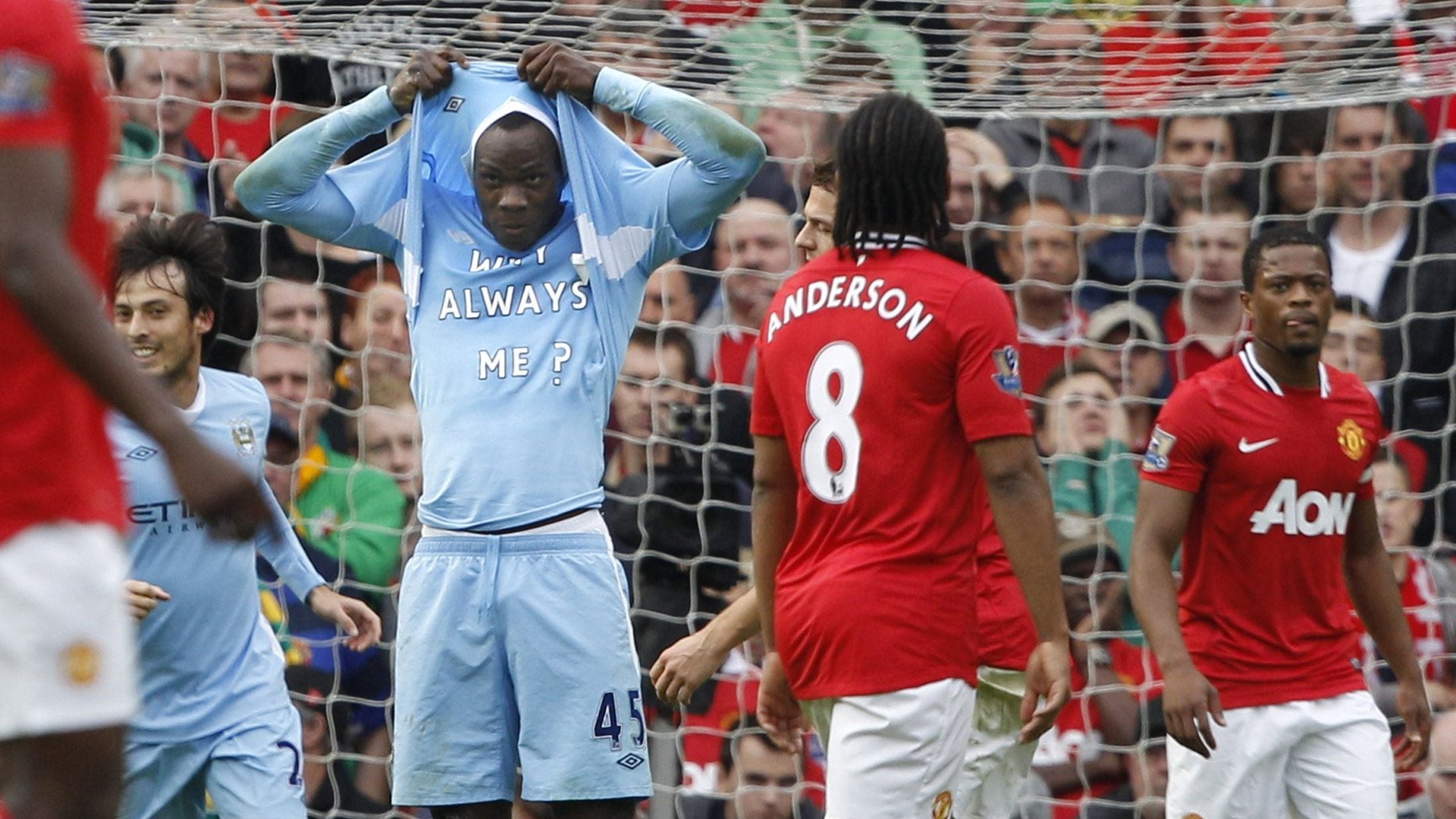Liverpool’s quest to replace Luis Suarez, the World Cup biter, has taken a huge twist
Few soccer players are as unpredictable as Luis Suarez, the Uruguayan striker who achieved global infamy this summer after biting a rival player (not for the first time) at the World Cup. But Mario Balotelli, the mercurial Italian centerforward, might come close. Now, if widespread reports from the UK are to be believed, he is on his way to Suarez’s old club.


Few soccer players are as unpredictable as Luis Suarez, the Uruguayan striker who achieved global infamy this summer after biting a rival player (not for the first time) at the World Cup. But Mario Balotelli, the mercurial Italian centerforward, might come close. Now, if widespread reports from the UK are to be believed, he is on his way to Suarez’s old club.
According to the British press, Liverpool Football Club (which, in the interests of full disclosure, I have supported since I was a kid) is on the brink of signing Balotelli, one of the most volatile talents in world soccer, ostensibly as a replacement for Suarez, who was sold to Barcelona in July.
If it happens, the signing would represent a calculated gamble for Liverpool, which last season came agonizingly close to winning its first English championship title in 24 years.
Balotelli hasn’t bitten anyone, but the long list of off-field discretions in his relatively short career already includes throwing a dart at a youth player, crashing his car on the way to training, and literally setting his own house on fire.
On the pitch, his behavior has at times been equally erratic. The 24-year-old was born in Palermo to parents of Ghanian origin, and was raised by an Italian foster family. He has been subject to racist abuse in soccer stadiums throughout his career in Italy.
There is a risk Balotelli, who has clashed with a number of managers and teammates in the past, could upset team harmony in a crucial year for Liverpool. Yet from Liverpool’s perspective the prospective signing actually could make sense.
The reported fee of £16 million ($26.5 million) is not very steep in the current market, especially for such a young player, limiting the downside risk. At the same time the upside is considerable: Balotelli, at his best is a devastating talent. His goal scoring record speaks for itself.
Liverpool is owned by Fenway Sports Group, a consortium led by the billionaire former futures trader John W Henry, and which also owns the Boston Red Sox. Under Fenway’s ownership, the Red Sox have won three World Series titles (the first of which broke an 86-year curse). In part, this has been achieved through a statistics-heavy approach to player recruitment and management. “Our staff is very data-driven when it comes to preparing for a game,” Red Sox general manager Ben Cherington recently told Grantland. Henry himself was even briefly depicted in Moneyball, the film about the Oakland A’s successful, data-driven approach in baseball, which depended heavily on finding undervalued players, mispriced, for whatever reason, by the market.
Use of statistics in soccer is still relatively primitive. Since it took control of Liverpool in 2010, there has been talk in the press about Fenway applying Moneyball principles at Liverpool, even if the club itself has distanced itself from the term. Balotelli is hardly an unknown quantity, and it didn’t take data to unearth his talent, but Fenway and Liverpool fans are hoping he will turn out to be a bargain.